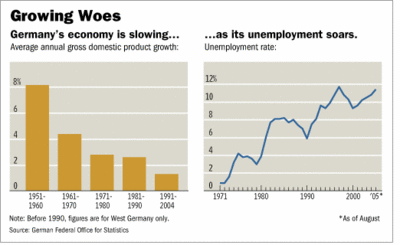The Spanish court also found al Jazeera television reporter Taysir Alony guilty of collaboration with al Qaeda and sentenced him to seven years in jail. Alony was not charged in connection with 9/11.
Yarkas, Alony and the 22 other defendants were expressionless Monday as the verdicts were read out in Spain's National Court at the conclusion of Europe's biggest trial of al Qaeda suspects.
The Syrian-born Alony, 50, was probably the best known of the defendants due to his interview with Osama bin Laden shortly after 9/11.
Prosecutors said Alony carried funds for al Qaeda. Alony professed his innocence in court.
Meanwhile in the US, Reports of anarchy at Superdome overstated:
NEW ORLEANS — After five days managing near riots, medical horrors and unspeakable living conditions inside the Superdome, Louisiana National Guard Col. Thomas Beron prepared to hand over the dead to representatives of the Federal Emergency Management Agency.
Following days of internationally reported murders, rapes and gang violence inside the stadium, the doctor from FEMA — Beron doesn't remember his name — came prepared for a grisly scene: He brought a refrigerated 18-wheeler and three doctors to process bodies.
"I've got a report of 200 bodies in the Dome," Beron recalled the doctor saying.
The real total?
Six, Beron said.
Of those, four died of natural causes, one overdosed and another jumped to his death in an apparent suicide, said Beron, who personally oversaw the handoff of bodies from a Dome freezer, where they lay atop melting bags of ice.
State health department officials in charge of body recovery put the official death count at the Dome at 10, but Beron said the other four bodies were found in the street near the Dome, not inside it. Both sources said no one had been murdered inside the stadium.
At the Ernest N. Morial Convention Center, just four bodies have been recovered, despite reports of heaps of dead piled inside the building. Only one of the dead appeared to have been murdered, said health and law-enforcement officials.
That the nation's frontline emergency-management officials believed the body count would resemble that of a bloody battle in a war is but one of scores of examples of myths about the Dome and the Convention Center treated as fact by evacuees, the news media and even some of the city's top officials, including the mayor and police superintendent.
The vast majority of reported atrocities committed by evacuees — mass murders, rapes and beatings — have turned out to be false, or at least unsupported by any evidence, according to key military, law-enforcement, medical and civilian officials in positions to know.
More at Michelle Malkin and Powerline.

